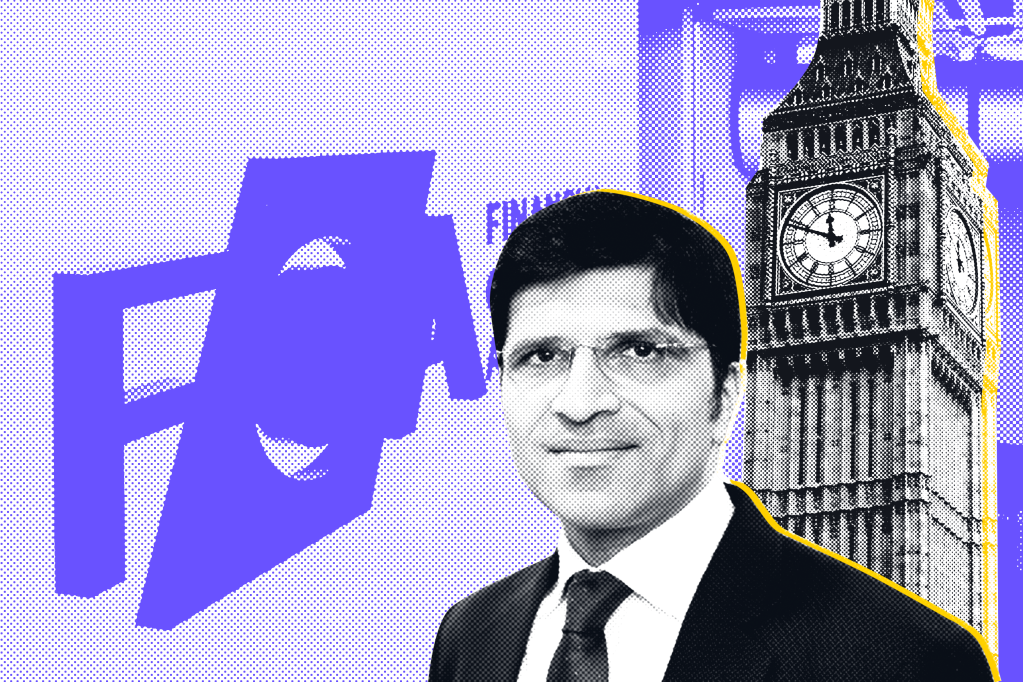Question: What do the following dates have in common – 1997, 2003, 2007, 2011, 2015, 2016, 2020, 2020?
Answer: “They are all years in which first the FSA and then the FCA acquired a new CEO”.
The picture on the ground was even more broken up! Howard Davies’ tenure as Executive Chair (1997-2003) – combining Chair and CEO – encompassed the slow and painful birth of the FSA that culminated in the passing of Financial Services Markets Act 2000; Hector Sants (2007-11)* was effectively on borrowed time from 2010 when George Osborne announced that the FSA was being disbanded; Martin Wheatley (2011-15) only became CEO formally when the FCA came into being in 2013.
It would be fair to say that everyone who has held the [FCA CEO] role has left it severely bruised.
The blunt reality is that, of the FSA/FCA’s eight CEOs, only the first, Howard Davies, has made it to 5 years in the role! Of the other seven, two were interim and the others left in a variety of circumstances, most recently Andrew Bailey returning to the Bank of England, as Governor, in 2020.
It would, however, be fair to say that everyone who has held the role has left it severely bruised, though there will be differing views in each case on how much of that was self-inflicted. One trait worth noting though, is that, partly due to these relatively short terms, each has had to account for the mistakes and failures of their predecessor(s). So, for example, Nikhil Rathi, the present incumbent, has carried the can for the British Steel pensions’ scandal, and has had to implement the post London Capital & Finance recommendations, both of which failures pre-date him.
Nikhil Rathi’s reign as CEO
The pattern therefore suggests that, as Nikhil Rathi approaches his 3rd anniversary in the role, by this time next year he may well have decided it is time to move on and the FCA will be looking for his successor .
And beyond the generic high attrition of the role and the jeopardy involved in hanging around too long – in conduct regulation, the next scandal surfacing is always just round the corner – there are also some more specific circumstances that might push him towards leaving. These include:
- Transformation Programme: Long-in-the-tooth regulators can tell endless stories about such transformations – from “fast train/slow train” to “Make a Real Difference” to the whole “Journey to the FCA” programme – that over-promised and under-delivered. And proving success, especially without a P&L as evidence, is close to impossible. The current Transformation Programme might be different, but the odds must be against.
- Cost-of-living crisis/Consumer Duty: There are many views on the likely effectiveness of the Duty – I tend towards the pessimistic – but it’s hard not to sympathise that it’s coming into effect during a cost-of-living crisis. Despite this, expectations have been raised so high, so much promised, that anything less than an instant sea change in how firms treat their customers will probably be deemed a failure. Meanwhile, any major enforcement actions resulting from breaches of the Duty will take years to play out.
- Politicisation/Competitiveness objective: I’ve written before about the politicisation of regulation, which continues to grow. And in the run up to next year’s election, a host of issues – from the re-writing of EU regulations to branch closures to crypto, AI, and (now) Net Zero – could easily place the FCA CEO in the cross hairs of one or both main parties. The new competitiveness objective is the most obvious potential catalyst for this.
Individually, each of these circumstances would be a substantial disincentive to stay in the role long term. Together, and this is a far from exhaustive list, they must make it tempting to move on at a time of your own choosing. Maybe Nikhil Rathi will prove the exception but, as it stands, some regulators will already be steeling themselves in preparation for another trudge to the well when the next CEO arrives.
Short-termism
The problem all this creates for the FCA as an organisation, is that it leads to frequent reinvention/rebranding – the rhetoric of change has always been much more radical than the reality – which too often detracts from the serious challenge of doing the job well. It also inevitably pushes people towards a short-term mindset to regulation when a medium/long-term approach is nearly always what is required.
To paraphrase an ex-colleague, complaining to a senior executive about the dubious effectiveness of yet another new initiative, “It’s OK for you, you won’t be here….”
* Formally Hector Sants remained FSA CEO until 2012, but the organisation increasing split from the September 2011 arrival of Martin Wheatley as FCA CEO Designate. I’ve taken the 2011 date as the de facto split.
The views expressed are the author’s own.
Gavin Stewart is an independent commentator on financial regulation; former regulator; novelist; ex-international rower and sports administrator. He has 27 years’ experience working for financial services’ regulators (Bank of England, FSA & FCA), holding a wide variety of roles including as a Bank of England Supervisor, FSA Head of Strategy, Planning & Performance, and FCA Chief Risk Officer.













